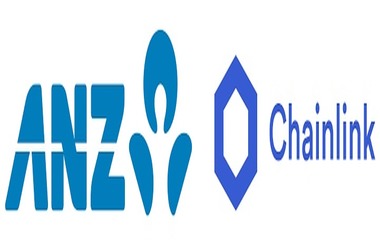 Mark Zuckerberg, the CEO of Meta, has expressed his keen interest in the potential of remote work, but he envisions a future that diverges from the commonly used technologies today. In a recent interview on the Lex Fridman Podcast, Zuckerberg had the opportunity to immerse himself in the metaverse, using Meta Quest Pro VR headsets and photorealistic Codec Avatars, still in the development stage. This interview occurred within a virtual-reality environment described by Fridman as strikingly realistic, providing an almost tangible sense of co-presence despite being physically distant.
Mark Zuckerberg, the CEO of Meta, has expressed his keen interest in the potential of remote work, but he envisions a future that diverges from the commonly used technologies today. In a recent interview on the Lex Fridman Podcast, Zuckerberg had the opportunity to immerse himself in the metaverse, using Meta Quest Pro VR headsets and photorealistic Codec Avatars, still in the development stage. This interview occurred within a virtual-reality environment described by Fridman as strikingly realistic, providing an almost tangible sense of co-presence despite being physically distant.
Zuckerberg, during the conversation, delved into the constraints of existing remote work technologies and conveyed his fascination with the idea of recreating a sense of physical togetherness even when individuals are separated by physical distances. He acknowledged that conventional video conferencing and basic digital tools fall short in facilitating the level of connection he envisions. While numerous CEOs are advocating for a return to traditional office settings, Zuckerberg views the metaverse as a solution to elevate remote work into a more immersive and fulfilling experience.
The concept of remote work within the metaverse presents a multitude of possibilities. It offers the prospect of individuals working from locations of their choosing while still fostering a sense of connection and stronger team dynamics. Zuckerberg emphasizes that physical proximity and face-to-face interactions are vital for building trust and nurturing a robust corporate culture, elements that prove challenging to fully replicate through virtual means alone.
Initially, Mark Zuckerberg touted Meta’s commitment to remote work, positioning the company as a progressive advocate in this domain. However, doubts began to surface as the complexities of maintaining a cohesive company culture and providing effective mentorship to remote employees became evident. This sentiment resonated with other industry leaders who expressed reservations regarding the long-term viability of current remote work technologies.
As Meta continues to advance its metaverse technologies, the extent to which these innovations can address the challenges associated with remote work remains to be seen. Zuckerberg’s enthusiasm for the metaverse implies that it may hold the key to unlocking more immersive and satisfying remote work experiences in the foreseeable future.
In Conclusion:
Mark Zuckerberg’s exploration of the metaverse as a solution to the limitations of existing remote work technologies marks an intriguing shift in the way companies and leaders are approaching the future of work. By envisioning a world where remote work becomes an enriching and interconnected experience, he is challenging the status quo and driving innovation in the workplace. As Meta continues to develop and refine metaverse technologies, the remote work landscape may indeed undergo a profound transformation, offering new opportunities for flexibility and connection in a digital world.








